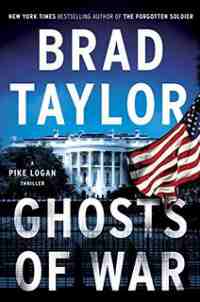Dodgers by Bill Beverly
 Wednesday, July 27, 2016 at 7:30AM
Wednesday, July 27, 2016 at 7:30AM 
Published by Crown on April 5, 2016
Dodgers is marketed with favorable comparisons to Clockers, another book about young black males selling drugs. Both novels are excellent, but they couldn’t be more different. While Clockers is about the drug trade, Dodgers has very little to do with drugs after the story gets moving. While Clockers is largely confined to a single neighborhood, Dodgers is a road novel. While the police play a major role in Clockers, they are largely absent from Dodgers. And while Clockers is the story of a small part of America, Dodgers takes a more sweeping view of the country.
East (for Easton) is 15. He’s working the street for his uncle, supervising a crew of boys who are keeping watch over a drug house. He loses that job when one of his boys fails to report the arrival of the police. East’s uncle has always favored him, but East is held responsible for his crew's lapse, even though he is not to blame.
Given a chance to make amends, East is dispatched on a road trip to Wisconsin with three other boys to kill a man. One of the kids is East’s 13-year-old brother Ty. Tight-lipped and cold-blooded, Ty is the group’s true killer. How he became such a sociopath is a mystery, even to East.
East’s adventure takes unexpected twists and moves in unpredictable directions. At one point, East (who has never been outside of LA) listens to a man in the Midwest talk about what America once was and what it is now. The man knows little of East’s world and East is just starting to discover, and perhaps to embrace, a strange and unfamiliar land.
Characters are credible, dialog is sharp, and the story consistently maintains the illusion of reality. The pace is quick when it needs to be. It slows at appropriate moments to give East a chance to reflect on his life and, in a series of memorable and moving scenes, on the lives of people he could not have imagined while growing up in LA.
I would describe Dodgers as a crime novel mixed with a road novel mixed with a coming-of-age novel. Crime takes a back seat to honesty in the novel’s second half. As the story progresses, East makes a number of choices that test his maturity, his humanity, and his instinct for self-preservation. As a reader would expect from a coming-of-age novel, the story ends with East making the most critical choice of his young life. The circumstances that force East to make that choice are surprising while the choice itself brings the novel to a satisfying conclusion.
RECOMMENDED



